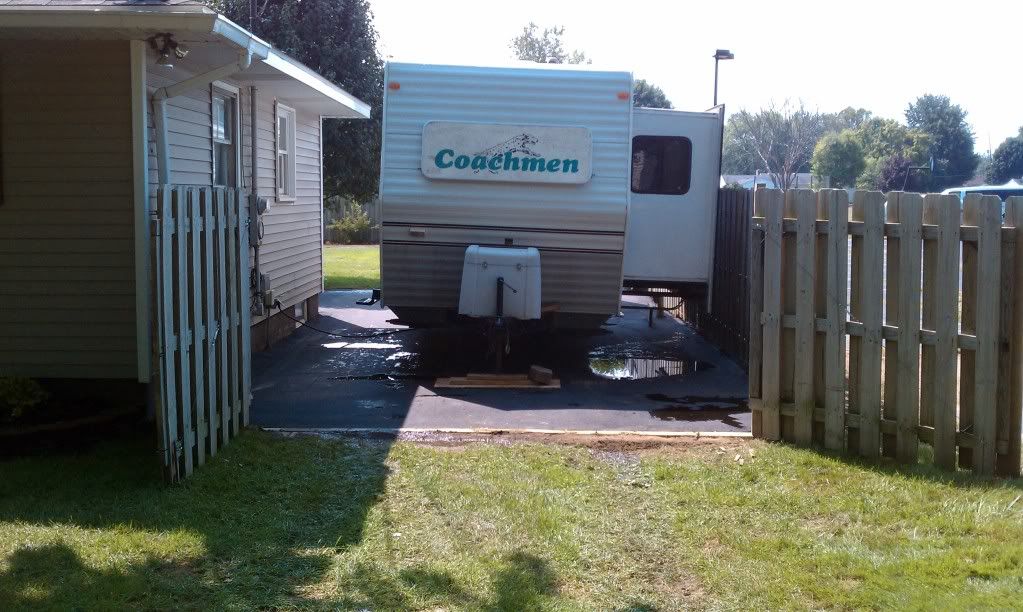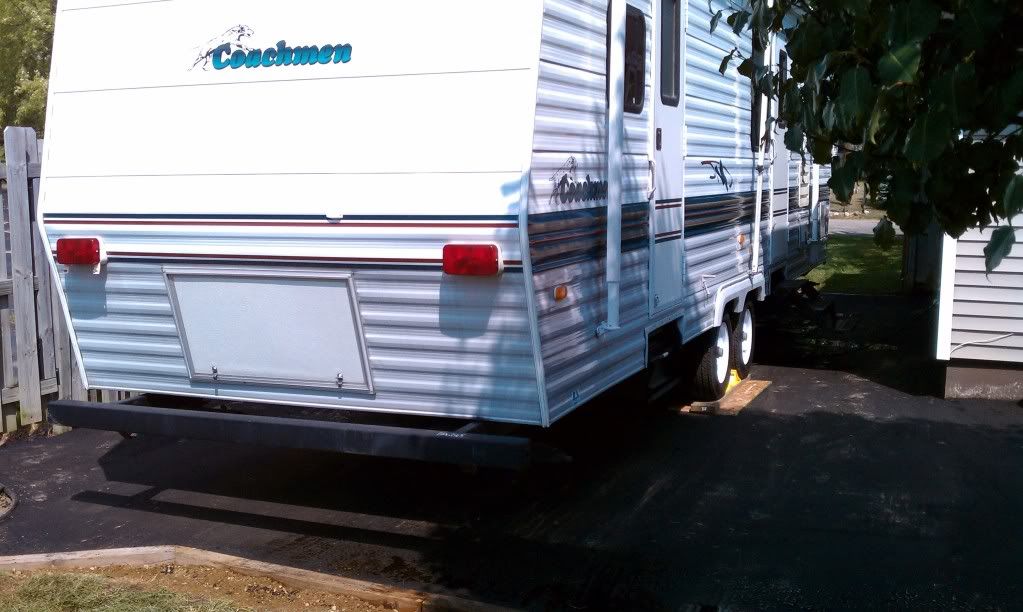JLD02864
Feb 23, 2014Explorer
Gravel, Asphalt or Concrete parking spot??
Hello All,
Me and the wife just purchased our first TT 31SB Zinger Crossroads and are planning to park it on the side of our house when we're not camping. I was looking for a little advice on what type of surface we should park it on? The current area is grass but I plan to have it dug up and replaced with "?" Prior to picking the trailer up in May. Any suggestions?
Me and the wife just purchased our first TT 31SB Zinger Crossroads and are planning to park it on the side of our house when we're not camping. I was looking for a little advice on what type of surface we should park it on? The current area is grass but I plan to have it dug up and replaced with "?" Prior to picking the trailer up in May. Any suggestions?

